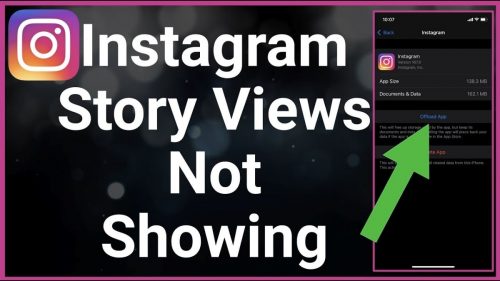Field marketing is a marketing strategy that involves promoting products or services directly to customers in the field, or in other words, outside of a traditional retail or sales environment. Field marketing can take many forms, including event marketing, experiential marketing, and street marketing.
Field marketing is an effective way for companies to reach and engage customers in a more personal and interactive way. It can also help companies to build brand awareness, generate leads, and drive sales.

Field marketing can be an effective marketing strategy for a variety of industries, including consumer packaged goods (CPG), technology, and healthcare. It can be particularly effective for companies looking to reach a specific target audience or to promote a new product or service.
- Types of Field Marketing
- Benefits of Field Marketing
- Challenges of Field Marketing
- Examples of Field Marketing
Types of Field Marketing
There are several different types of field marketing, including:
- Event marketing: Event marketing involves promoting products or services at events such as trade shows, conferences, or festivals. This can include setting up a booth, sponsoring an event, or hosting a presentation or demo.
- Experiential marketing: Experiential marketing involves creating immersive, interactive experiences that allow customers to engage with a brand or product in a meaningful way. This can include interactive installations, pop-up shops, or brand activations.
- Street marketing: Street marketing involves promoting products or services directly to consumers on the street or in other public places. This can include handing out flyers, offering samples, or setting up interactive displays.
- In-store marketing: In-store marketing involves promoting products or services directly to customers in a retail setting. This can include setting up product displays, offering samples or demonstrations, or providing product information or recommendations to customers.
Benefits of Field Marketing
Field marketing can provide a number of benefits to companies, including:
- Increased brand awareness: Field marketing can help to increase brand awareness by putting products or services in front of potential customers in a more personal and interactive way.
- Lead generation: Field marketing can be an effective way to generate leads by capturing contact information from interested customers.
- Increased sales: By allowing customers to interact with products or services directly, field marketing can help to drive sales by converting leads into customers.
- Improved customer engagement: Field marketing allows companies to engage with customers in a more personal and interactive way, which can help to build loyalty and improve customer satisfaction.

Challenges of Field Marketing
While field marketing can be an effective marketing strategy, it also presents some challenges, including:
- High cost: Field marketing can be expensive, particularly if it involves sponsoring events or setting up interactive installations.
- Time-consuming: Field marketing can be time-consuming, as it requires planning, coordinating, and executing marketing campaigns in the field.
- Limited reach: Field marketing may only reach a limited number of potential customers, as it relies on physically interacting with customers in a specific location.
- Environmental considerations: Field marketing may also require companies to consider environmental factors, such as weather or location, which can impact the success of marketing campaigns.
Examples of Field Marketing
There are many examples of field marketing in a variety of industries, including:
- Consumer packaged goods (CPG): CPG companies often use field marketing to promote their products directly to consumers at events, such as food festivals or sporting events.
- Technology: Technology companies may use field marketing to promote new products or services at trade shows or tech events, or by setting up interactive displays in retail stores.
- Healthcare: Healthcare companies may use field marketing to promote their products or services directly to consumers at events such as health fairs or through in-store demonstrations at pharmacies or retail stores. For example, a pharmaceutical company may set up a booth at a health fair to promote a new medication, or a healthcare provider may host a presentation or demo at a retail store to promote their services.
- Financial services: Financial services companies may use field marketing to promote their products or services at events such as trade shows or conferences, or through in-store demonstrations at banks or financial institutions. For example, a credit card company may set up a booth at a conference to promote their credit card products, or a financial advisor may host a presentation or demo at a bank to promote their financial planning services.
Overall, field marketing is a versatile marketing strategy that can be used by a variety of companies across different industries. By engaging customers in a more personal and interactive way, field marketing can be an effective way to build brand awareness, generate leads, and drive sales.




